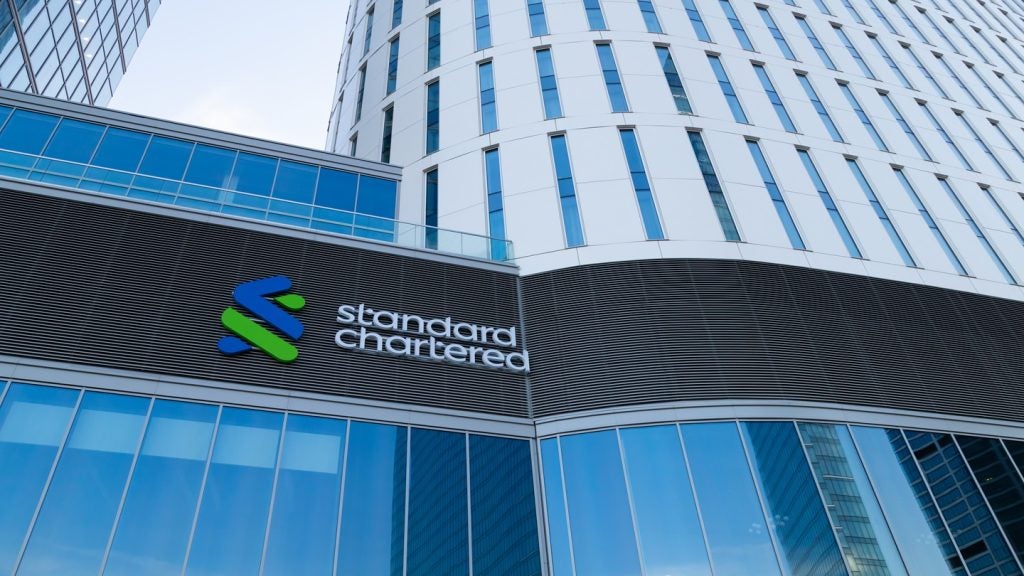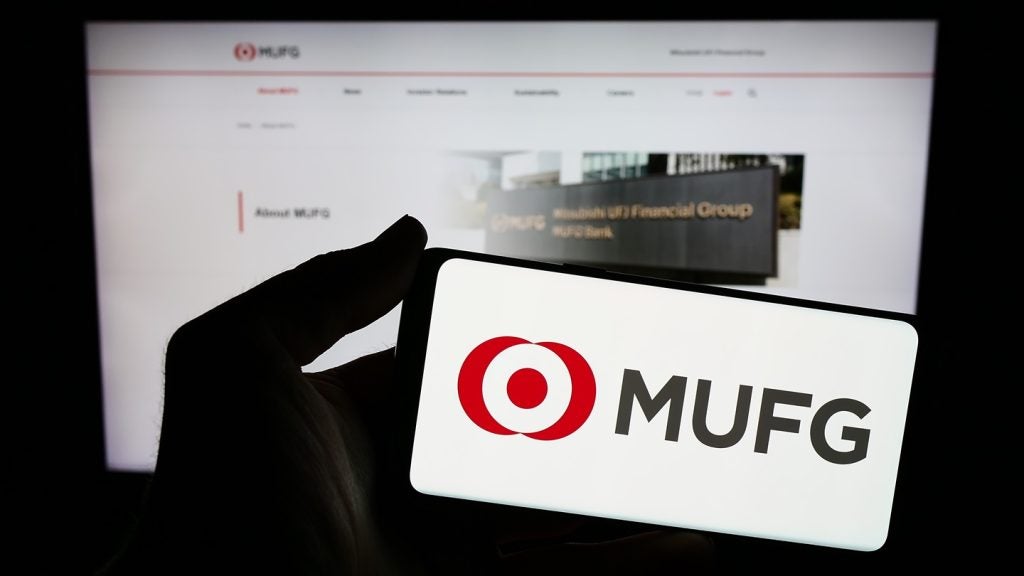A PBI roundtable on business models held in
London brought together some established and up-and-coming members
of the wealth management community to talk about the future of
their industry. This edited passage highlights the main exchanges
on open architecture, advice and structured products.
William Cain, editor, PBI: The one-bank model has been
endlessly criticised in the industry. Lending to entrepreneurs in
this environment is considered particularly risky. Is it wise to
steer clear of this type of business until conditions
improve?
Matthew Spencer, head of intermediaries, Credit Suisse, UK
private bank: I hope you would consider Credit Suisse to
be one of the businesses that got the one-bank model right. It was
a process started by our former CEO Oswald Grübel, who has recently
taken over at UBS. For it to work, you really need support and
buy-in from the very top of the business.
That has to filter down culturally. If a one-bank model doesn’t
work it’s because divisions and departments don’t trust each other
enough to refer their business to one another.
At Credit Suisse the one-bank model is ingrained in the culture. We
don’t feel you can advise very wealthy clients and entrepreneurs
without having a one-bank model and the ability to refer your
client and find the best solutions to their issues and
requirements.
We feel the success of that strategy differentiates us and that is
a view held by our clients and those who deal with us.
How well do you really know your competitors?
Access the most comprehensive Company Profiles on the market, powered by GlobalData. Save hours of research. Gain competitive edge.

Thank you!
Your download email will arrive shortly
Not ready to buy yet? Download a free sample
We are confident about the unique quality of our Company Profiles. However, we want you to make the most beneficial decision for your business, so we offer a free sample that you can download by submitting the below form
By GlobalData
John Evans, editor-at-large, PBI: Can open architecture
survive the downturn, with the extreme pressure on banks to
maintain margins and revenues?
Andrew Fisher, CEO, Towry Law: I don’t think any
bank that manages money in-house with its own fund managers is open
architecture – it is half pregnant, which is kind of tricky.
As margins get squeezed, they will say we are better at the things
we weren’t good at and we will do more of it. I think it is a
busted model – either you are open architecture, you don’t manage
money in-house, or you are not. If you look at our assets under
management last year, net of the market, they improved 20 percent
because clients were happy with the model.
Rupert Phelps, director of family office services, BNY
Mellon: Looking at the universal banking model, and either
managing money in-house or not, presumably if you are a client of
bank with a one-firm, one-bank model, that has wealth management,
but also an asset management arm, presumably what you are saying is
that they couldn’t have even 1 percent of their clients in those
products… That is a very purist view.
David Scott, CEO, Vestra: I feel there is this
slight conflict between the advisory side and manufacturing. With
independent financial advisers (IFAs) in the UK, a lot of the
smaller businesses are really struggling on the investment side and
they’re looking to outsource that more and more.
A lot of them are having a reality check, and asking themselves
what they do – do they just advise their clients very well in a
traditional IFA role in terms of structuring and planning and
actually just pass out the investment management? We are certainly
seeing a lot of that among the smaller IFAs.
Evans: Vestra is rather larger than a boutique,
but is this a marketplace undergoing such structural change that
businesses like family offices, boutiques and more holistic hedge
fund managers have a good chance to pick up business as clients
review their relationships?
Scott: I think there is. A lot of boutiques that
set up are seen as in opposition with the big global banks, but I
don’t see it like that.
I think they have got great expertise and great capability, and I
feel my role as the independent person is to say that maybe UBS and
its one-bank model is very good – but if my client has a debt
requirement I should be able to decide whether its them, Credit
Suisse, Investec or Deutsche, for example, and I think independents
have a strong place in the market place. But it is very much about
working with other people because we are not a bank, we can’t lend
money. The reaction from lots of banks is they are very willing and
ready to do it.
Cain: So you’re saying you see boutique, advisory
firms offering advice on the one hand and global banks acting as
product manufacturers on the other?
Scott: I do see it like that. Of course there will
still be clients who want to have a relationship with a big, global
firm, but there are pressures.
David Poole, UK head, Citi Private Bank: I don’t
think there is a right or wrong model, it depends on the integrity
of the individual and the relationship they have with the client
and the way they operate within the institution in which they’re
employed.
If advisers can’t deliver solutions to clients for whatever reason,
conflicts of interest etc, then things need to change.
But as the long as the firm you’re working with works in the best
interests of the client, whether it’s a global bank or a boutique,
I think it comes down to the integrity of the relationship with the
client concerned and that the service provider, i.e. you, the
private banker, sits on the same side of the table as the
client.
We all know that in the long run, if the firm you’re with gives you
the wrong kind of advice – end of relationship. You can only do
that for so long before your business model fails.
Scott: There is enough space for everyone in the
marketplace. Some people want to fly first class, some want to fly
business class and others want economy. It doesn’t necessarily
relate to how much money you’ve got – I know very wealthy people
who would never fly first or business class, but that’s their
choice.
Poole: That’s what makes a market – clients can
choose what they want.
Fisher: Relying on integrity and decency… I
think you are right, but one of the problems working for a large
bank, where you are non-core, or your profits are the rounding
error of the losses in the corporate bank, is that sometimes the
bank puts pressure on advisers and that’s certainly the case at
Merrill Lynch, UBS, Credit Suisse, Citigroup – in fact every bank I
have ever come across. Actually, it isn’t a very good model, but
it’s not a terribly bad model. It is really a question of whether
or not the client can discern between the two.
Scott: That is where transparency comes into it,
because people did not understand the costs involved in structured
products and that there was clearly a short term revenue gain with
up to 4 percent revenue up front instead of 0.75 percent over the
next five years. That is the issue which all businesses face to a
certain extent, but there is a huge pressure.
Warwick Newbury, chairman, SG Hambros Bank
Limited: I would refute the idea of all global banks
acting as product manufacturers. SG Private Banking is not part of
the SG investment bank, and perhaps that’s an important
differentiator.
We use the investment bank and Société Générale’s well known
expertise in derivatives to help us. In other words, we go to them
with a problem and ask them for a solution but – as we use open
architecture – we don’t deal in a structured product without
checking the price around the market place.
Even if SG has come to us with the solution, if we feel that any
part of that structured product is not completely transparent or
the pricing is a bit high we will go to another bank. Probably
about one third we source from SG and two thirds externally, so it
is a very real open architecture although we are part of a global
bank.
The other thing that has received some criticism is leverage, but
you cannot say that leverage is always bad and that you always have
to make margin calls at the wrong end of the market. That is only
if one has been selling or encouraging leverage at the wrong
time.
Most clients who wanted leverage were deleveraged well before
‘Armageddon’ arrived so we have had no credit problems. I believe
that as a bank we are able to offer clients all services in-house.
SG Hambros Bank Limited has been extremely profitable in the last
12 months. We had a record 2008 and we’re having a record 2009 to
date. Acquisitions we’ve made over the last couple of years have
helped, boosting AuMs. The margins on the treasury side and banking
business are very healthy.”
Dr Markas Gilmartin, managing financial consultant of AWD
Chase de Vere’s new Advanced Wealth Management
consultancy: We talked about leverage. Warwick was
absolutely right, it is a useful mechanism under the right
conditions and when well managed.
However, we have known for a long time that there are natural
limits to the level of debts one can hold.
You only have to go back to James Tobin’s Nobel-prize winning work
of the mid-1980s – probably the best piece of financial research
ever – to see there is an optimal debt level over the extended time
horizon. His analysis suggested that the optimal structure was 12
to 1.
And having leverage of 30-40 to one is an outrage, akin to dumping
lead in the streets. At the height of this sensation, that’s what
was going on at some of the top investment banks.
Cain: Reputation is at the centre of the private
banking business model, and HSBC has preserved theirs better than
most. What has been the key to managing that, bearing in mind HSBC
has been hit by its share of problems?
Tony Joyce, head of marketing, HSBC Private Bank:
I think the point on reputation is about being consistent. We
relaunched the brand with a new campaign earlier this year, but
actually we are not saying anything fundamentally different to what
we’ve been saying for many, many years and to me that is the only
really convincing form of brand marketing in this sector.
I would have been horrified if we had had to change direction and
talk about doing things differently because of the crisis. We
certainly haven’t done that and I would strongly resist anyone from
HSBC Private Bank talking about commitment to clients at any
stage.
I would take that as a given, and I have been surprised by how many
people have taken that tone over the past few months and felt the
need to go public about commitment.

From left: Andrew Fisher, Towry Law, Matthew Spencer, Credit
Suisse, Dr Markas Gilmartin, AWD Chase de Vere, Tony Joyce, HSBC
Private Bank







